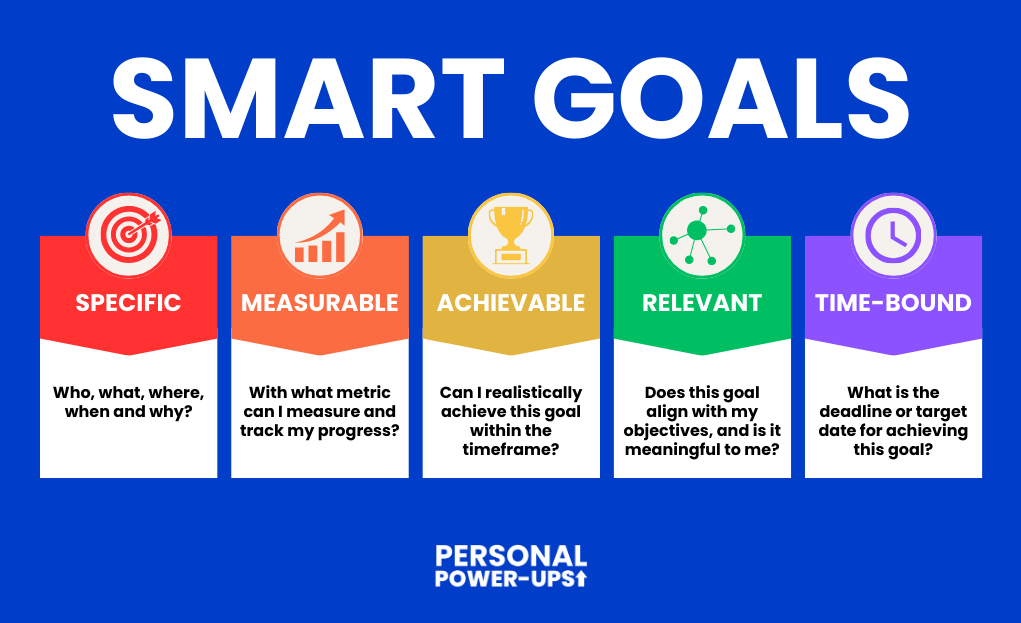Time is undeniably one of our most valuable commodities. This is also true in our work: juggling multiple tasks, meeting deadlines, and maintaining a work-life balance can be challenging. However, with effective time management, you can not only survive but thrive in your professional life. In this guide, we’ll explore 10 practical time management tips for work that can transform your productivity and elevate your career.
Table of Contents
Prioritize Tasks Strategically
One of the fundamental aspects of effective time management is prioritizing tasks strategically. Not all tasks are created equal, and investing time in the right ones can make a substantial difference. Start your day by identifying high-priority tasks and focus on completing them first.
This ensures that critical assignments are addressed before less urgent ones. Often, we like being busy with easy but not so important task, while neglecting the more difficult but critical tasks, hindering our productivity. Consequently, completing your most important tasks first gives a big boost to your productivity, making this a vital time management tip for work. This time management strategy where you finish your most important tasks first is often called Eat The Frog.
EXAMPLE
Imagine you’re a project manager working on a tight deadline for a client presentation. Prioritize outlining the key points and organizing the presentation structure over less time-sensitive activities, such as responding to emails.
Set Clear and Achievable Goals
Setting clear and achievable goals provides a roadmap for your workday, which gives you clarity about what and when it needs to be done. So break down larger projects into smaller, manageable tasks, and set specific goals for each.
This not only makes the workload more digestible but also provides a sense of accomplishment as you check off completed tasks. If you’d like to get better at setting goals, be sure to check out our guide on how to write SMART goals.
EXAMPLE
If you’re a content creator working on a blog post (like me), set specific goals for research, writing, and editing. Breaking down the process helps maintain focus and ensures steady progress.

Utilize the Pomodoro Technique
The Pomodoro Technique, a time management method developed by Francesco Cirillo, involves breaking work into intervals, traditionally 25 minutes in length, separated by short breaks.
This way, you could divide your work day in Pomodoro’s, with each 30 minutes being one Pomodoro. You could assign a single task to each Pomodoro, allowing you to work with razor sharp focus. If you’d like to try out the Pomodoro Technique, you might find Pomofocus to be helpful.
EXAMPLE
Apply the Pomodoro Technique when working on a complex spreadsheet. Dedicate 25 minutes to data entry and analysis, followed by a 5-minute break to refresh your mind. Repeat this cycle to enhance productivity and efficiency.
Avoid Multitasking
While multitasking may seem like a shortcut to completing multiple tasks at once, it often leads to decreased overall productivity and can cause a lot of stress. Focusing on one task at a time allows for deeper concentration and higher quality output. Personally, I believe increasing your focus is one of the most important time management tip for work, as it makes sure you can pour all your effort and energy in one task.
One of the ways you can achieve this is by using time blocks in your calendar, where each time block is dedicated to one task. I can also highly recommend reading Cal Newport’s book Deep Work if you’re interested in improving your focus while working.
EXAMPLE
Instead of juggling between responding to emails and drafting a report simultaneously, allocate specific time slots for each activity. This ensures that you give your full attention to each task, resulting in better outcomes.

Delegate Responsibilities When Possible
Recognizing that you don’t have to do everything yourself is a crucial aspect of effective time management at work. If you’re too busy, identify which tasks can be done by someone else in your team. Then delegate these tasks that others can handle, freeing up your time for more critical responsibilities.
Of course it’s important to communicate well with the person you’re delegating the task to. First ask whether that person feels like he/she is able to perform the task and has enough time. Delegating is a collaborative undertaking.
EXAMPLE
As a team leader, delegate specific components of a project to team members based on their expertise. This not only distributes the workload but also leverages the strengths of each team member.
Use Technology Wisely
In today’s digital age, leveraging technology can significantly enhance your time management efforts. Utilize tools and apps that streamline tasks, automate processes, and provide reminders to help you stay organized.
Also be aware of your technology use, as the pitfall of tech can be that it starts to control you instead of the other way around. In fact, I believe one of the most impactful time management tips for work is making sure your software (like Teams and Skype) is actually helping instead of hurting you. I personally have almost all notifications off at all times, allowing me to focus on the work I need to do.
EXAMPLE
Implement project management software to track tasks, deadlines, and progress. This ensures that everyone on the team is on the same page and reduces the likelihood of overlooked details.
Limit Distractions
Distractions are a common hindrance to effective time management. Identify and minimize potential distractions in your work environment to maintain focus and increase productivity. This is especially important in office environments, where many businesses have decided to use open floor plans, creating countless distractions.
If you’d like to concentrate on a task, it’s often best to find a quiet place. With the open floor plan, there is almost no escape from the non-stop noise of people talking and calling. If that’s the case for you, then try to find an empty (meeting) room or work from home that day.
EXAMPLE
If you find yourself frequently interrupted by notifications, use apps or settings to limit access during work hours. This allows you to concentrate on your tasks without constant digital interruptions.

Regularly Review and Adjust Your Plan
Flexibility is key in effective time management for work. Regularly review your schedule and adjust your plan as needed. This proactive approach helps you adapt to unexpected changes and ensures that you stay on track, making this one of the most important time management tips for work.
As a rule of thumb, it’d suggest reviewing your weekly and daily plans at least every morning before starting your work and every afternoon after finishing work. That way you check what’s on your schedule for the day in the morning, and what’s on your agenda for the next day in the afternoon.
EXAMPLE
At the end of each week, review your upcoming tasks and deadlines. If you notice any adjustments needed due to new priorities or changes in project scope, modify your plan accordingly to maintain control over your workload.
Learn to Say No
While taking on new challenges and responsibilities can be rewarding, it’s essential to recognize your limits. Learning to say no when you’re already stretched thin helps protect your time and maintain a healthy work-life balance.
Now, it’s important to be both clear and friendly when you say no. Simply saying ‘no’ will likely come across as unhelpful, so explain why you’re saying no. Your colleagues likely all have busy schedules themselves, so they’re very likely to understand if you explain you’ve already enough on your plate.
EXAMPLE
If a colleague requests your assistance on a non-urgent task when you’re already committed to meeting a tight deadline, politely decline and explain your current workload. This prevents overcommitment and ensures you can deliver on your existing responsibilities. It’s better to complete one thing successfully than to fail two.

Take Breaks
Wait, one of the time management tips for work is taking breaks? Yes, taking breaks may seem counterintuitive to time management, but it plays a crucial role in maintaining productivity. Breaks refresh your mind, preventing burnout and increasing your overall productivity.
I love the way Stephan Covey explains this in his book The 7 Habits of Highly Effective People:
- Suppose you came upon someone in the woods working feverishly to saw down a tree.
- “What are you doing?” you ask.
- “Can’t you see? I’m sawing down this tree,” he says.
- “You look exhausted! How long have you been at it?” You ask.
- “Over five hours,” he says. “And I’m beat! It’s hard work.”
- “Of course, your saw is dull,” you say. “Why don’t you take a break for a few minutes and sharpen it? I’m sure it’d go a lot faster.”
- “I don’t have time to sharpen my saw,” he responds. “I’m too busy sawing!”
This short story shows how important it is to take breaks and recharge, and how often are we the ones with a dull saw while also refusing to sharpen our saws? Now, if you’d like some inspiration for your breaks, check out our 10 great ways to unwind after work.
EXAMPLE
Schedule short breaks throughout your workday to step away from your desk, stretch, or engage in a quick mindfulness exercise. Additionally, dedicate time each month to attend a relevant workshop or online course to continually improve your skills.




